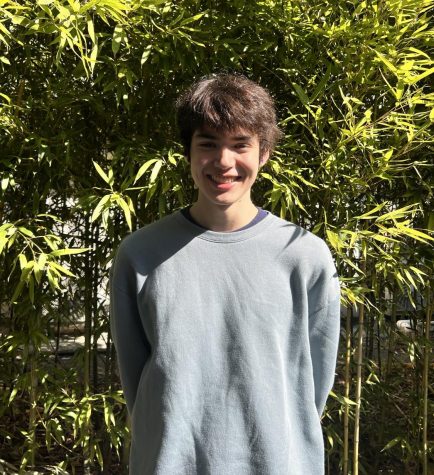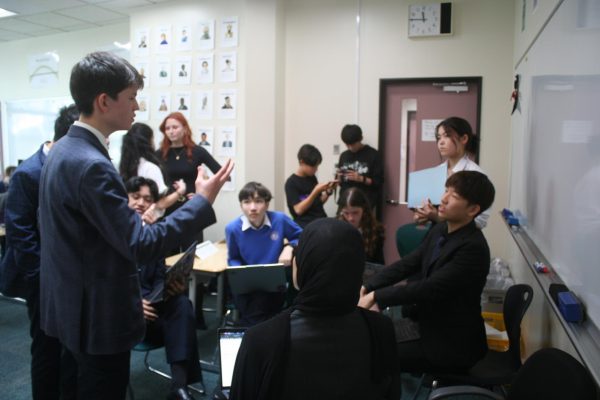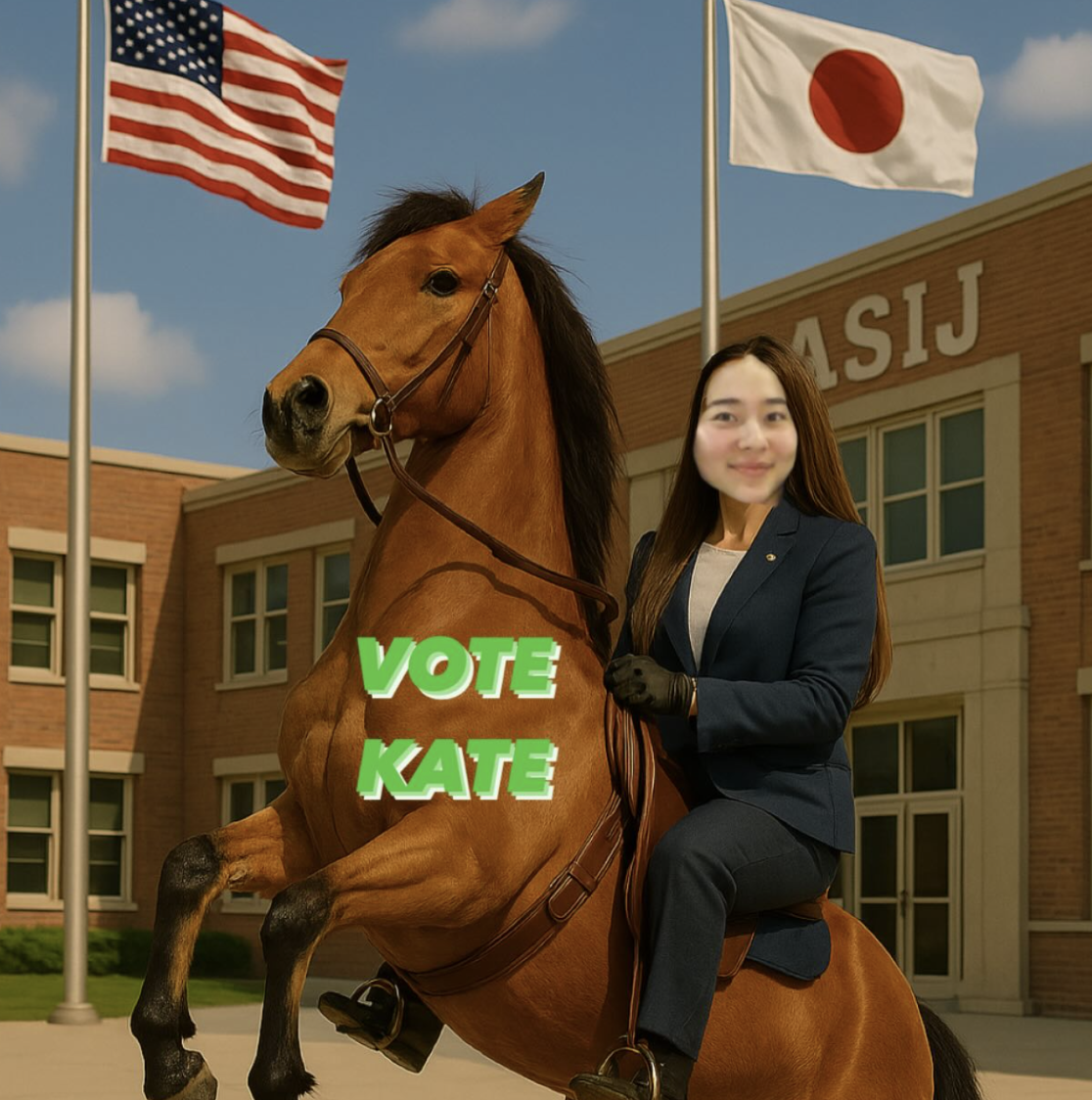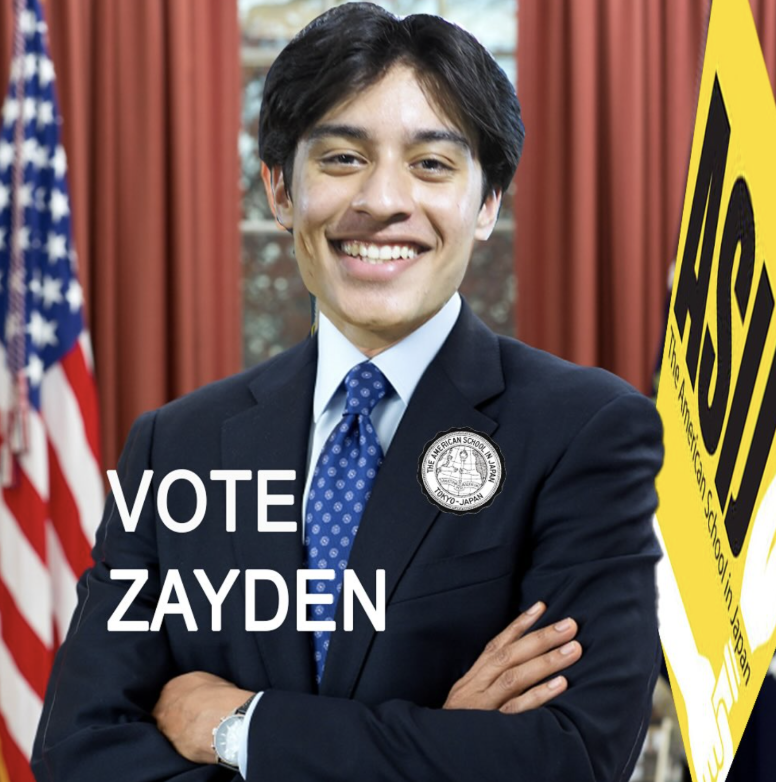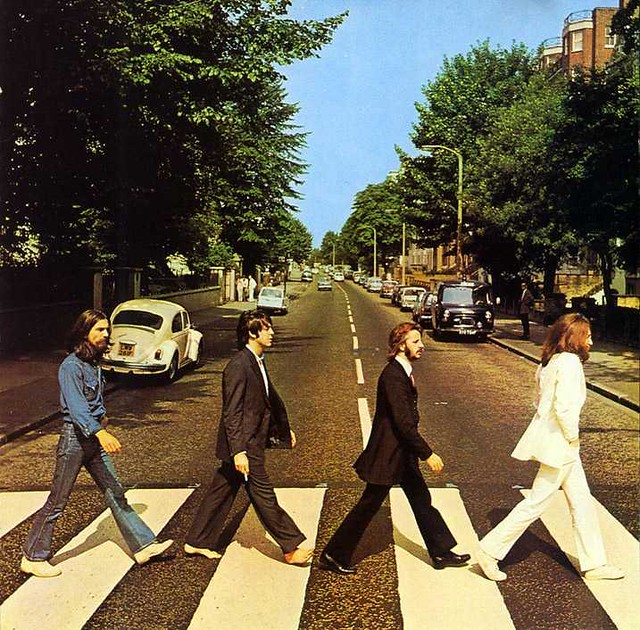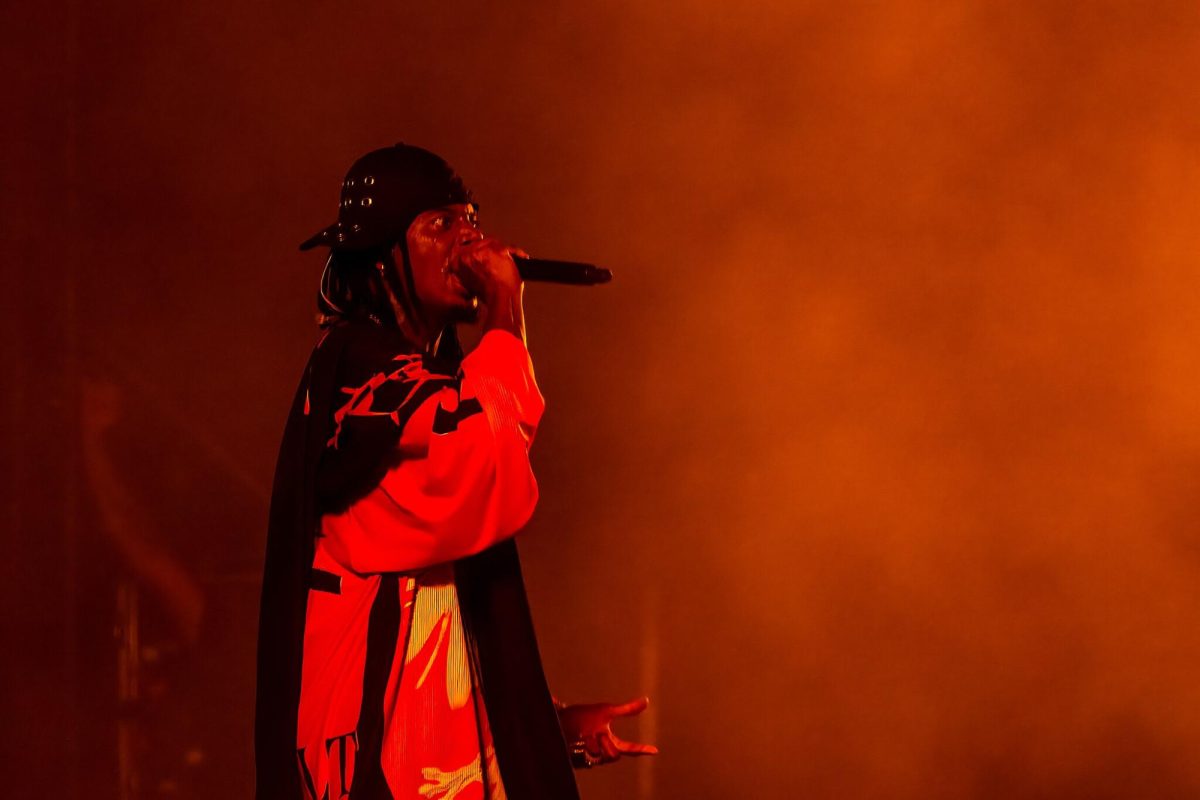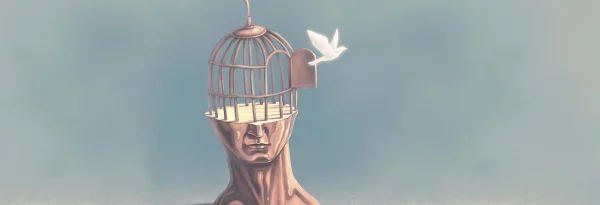Shinjuku’s Banned Books Store
February 2, 2023
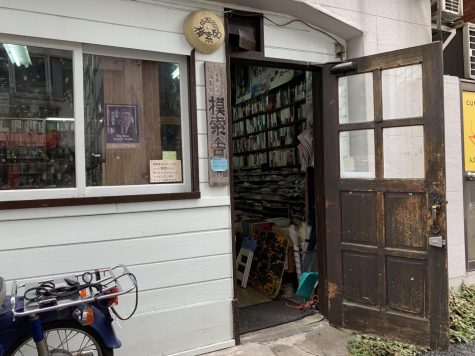
Imperial war crimes, the history of sheep, Queer Sexology, the diets of Americans. From the provocative to the trivial, shelves and boxes of books, newspapers, CDs, and movie posters flood the floor of the bookstore. In the back, a single storekeeper dances around his mega-decibel speaker, blasting what sounds to me like 70s punk rock. It smells of history.
Hidden under the yellow nameboard of a Japanese curry restaurant is the quaint Mosakusha, a bookstore only 600 meters from bustling Shinjuku Station. It has a pleasant location for an urban establishment, being located across the road from Gyoen National Garden (a 0.58 km² popular garden), but most its neighbors—which include a cafe, beauty salon, and half a dozen office buildings—are as phenotypically “Shinjuku” as it gets.
The size of a large cell, the store is built to emulate an aged feel: top to bottom with a wooden flavor—its insides are filled with wood, too (as books are but lumber carcasses). Its outwardly worn appearance so sharply contrasts the towering steel blockbusters that surround it, a surprising contrast reflected in its rather peculiar business model: it sells only “banned books.”
Exactly what entails a “ban” is not immediately clear (what’s so wrong about π Up to 100,000,000 Digits?), yet the store’s overwhelming—and frankly, daunting—collection of anarchist, communist, and otherwise heretic literatures certainly elicits a controversial atmosphere (e.g. The Enemy of Nature: The End of Capitalism or the End of the World). This compendium of fringe political writing is apparently the store’s half-a-century legacy, dating back to the Japanese hippie movement of the late 1960s.
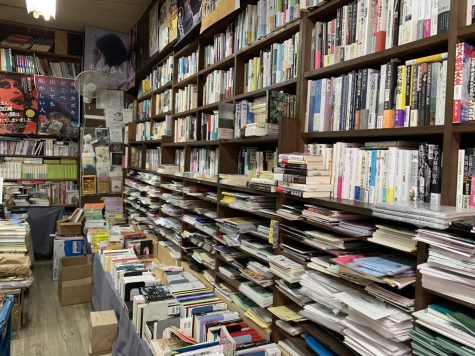 That Japan underwent a hippie movement is a bizarre historical occurrence, and that it was based in Shinjuku, even more so. A nation so particular about sexual mores, so wary of drug abuse, and so imperialistic in nature, had given birth to the hedonistic, drug-flirting, anti-war bohemians in the cultural heart of its capital prefecture. The Japanese hippie movement was—by definition and in practice—a counter-culture.
That Japan underwent a hippie movement is a bizarre historical occurrence, and that it was based in Shinjuku, even more so. A nation so particular about sexual mores, so wary of drug abuse, and so imperialistic in nature, had given birth to the hedonistic, drug-flirting, anti-war bohemians in the cultural heart of its capital prefecture. The Japanese hippie movement was—by definition and in practice—a counter-culture.
The late 1960s marked the beginning of the movement. The Mosakusha was erected at the turn of the decade, in exactly 1970 (coincidentally, the same year LSD was made illegal). It quickly grew in popularity as a hub for the exchange and dissemination of New Left ideology, a brief political front that advocated—among many things—for civil rights, gay rights, environmentalism, and drug policy reforms (surprise!). New Left ideology is also known as Libertarian Socialism, and recalling the type of provocative works that Mosakusha displays, it makes sense.
Today, Mosakusha is but a remnant of a hippie past; it’s certainly not the bustling hub of political and cultural dialectic it once was. But the store remains a stoic, exotic, and thus powerful reminder of what political discourse could look like in a nation that has all but forgotten to debate. If you visit, buy a book or two—the hippies would have.

